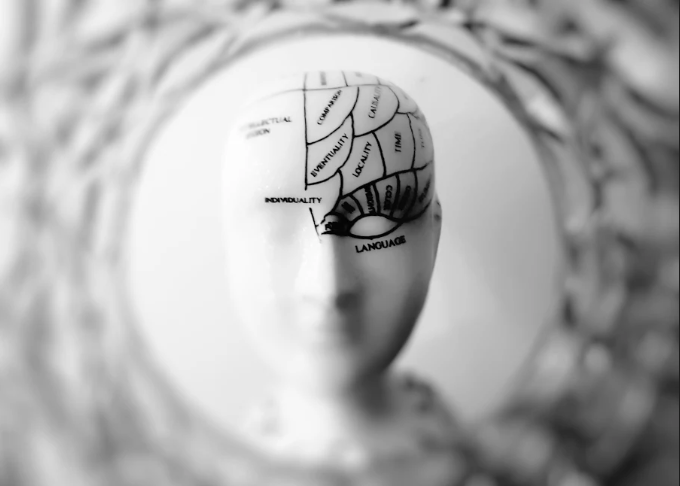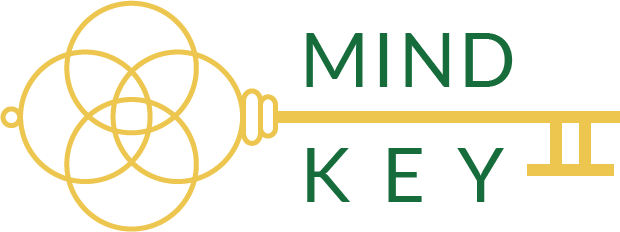
Live a longer, healthier life through continued learning
By the Mind Key Editorial Team
It has long been believed that knowledge seekers live longer. In fact, recent studies confirm that continued learning exercises have been found to improve neuroplasticity, or the ability to stay mentally sharp. Continued learning has also been known to reduce the onset or symptoms of memory-related diseases. For example, a 2010 review published in the Journal of Psychosocial Nursing and Mental Health Services found that education has the ability to protect our memory and intelligence, and even minimize the effects of low education.
Cognitive inactivity, on the other hand, has been associated with reduced fluid intelligence (processing speed and ability).
Cognitive Activity Factors
In an article published by Scientific Learning Corporation, renowned researcher in brain plasticity, Dr. Michael Merzenich, notes that the brain must be challenged with new learning or memory and cognitive function will erode over time.
Dr. Merzenich said that in order for our brains to continue with a higher level of plasticity, we need to constantly feed it situations in which that plasticity is challenged and expanded. Our brain quite literally asks us for a lifetime of mental feedback and lifelong learning.
In an article written for the University of Cambridge, experimental psychologist, Professor Zoe Kourtzi, shares her research into understanding the effect that acquired knowledge and visual perception have on cognitive function and neuroplasticity. She believes it is essential to our continued ability to interpret and interact with the world around us, and that this ability is not age dependent.
“The process of ‘learning to learn’ is at the core of flexible human behaviours,” Kourtzi said. “It underpins how children acquire literacy and numeracy, and how adults develop work-related skills later in life.”
Kourtzi believes that your approach to life is at the core of this type of mental intelligence and plasticity. Challenge your brain and find new, creative, analytical ways to engage. Doing so will benefit other areas of personal growth and success.
Healing the mind through the body
It isn’t just our mind that benefits from lifelong learning. Dr. Merzenich’s research has also expanded the literature on how physical activity and overall health can help brain function. He encourages adults—especially older adults—to try new forms of exercise and to keep their mind’s fresh through varied forms of physical activity.
A 2018 article published in the Public Library of Science (PLoS One) discovered a correlation between decreased blood flow and vascular viability and attention and cognitive speed. Exercise is known to increase oxygen intake and blood flow—making exercise a powerful ally for overall brain function.
Professor Kourtzi said anything that requires processing multiple streams of information can actually improve your ability to learn.
This is why exercise is beneficial to brain function, but also why trying new forms of activity is essential. Treating physical fitness as a lifelong learning endeavor encourages the brain to multitask in a way that lends to greater mental and learning capabilities.
Spiritual lifelong learning
No matter your religion or spiritual practice, there is truth in seeking knowledge. What is religion and spirituality, but a deep and abiding faith in the truths that live within? Spiritual feelings of hope, love, joy, faith… These feelings have the potential to grow and to flourish within all of us—if they are fed.
Feeding spiritual emotions equates to being a lifelong learner. This might mean meeting new people or trying a new activity, attending church and listening to a sermon, or spending time challenging your brain with meditation. A spiritual or truth-seeking practice exercises the brain in ways that continue to keep the mind strong.
Get excited. Learn something new. Challenge your mind, your body, and your soul to new heights—and find ways to keep your mind fresh, young, and most importantly whole.



 Brain function is directly related to our ability to learning
Brain function is directly related to our ability to learning  Brain function is directly related to our ability to learning
Brain function is directly related to our ability to learning